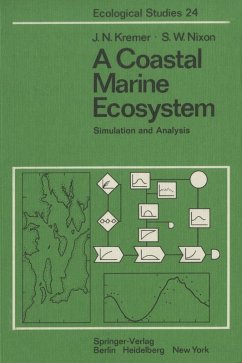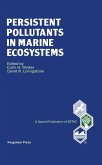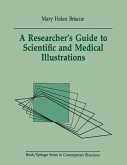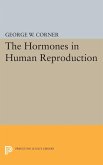One aim of the physical sciences has been to give an exact picture of the material world. One achievement of physics in the twentieth century has been to prove that that aim is unattainable . . . . There is no absolute knowledge. And those who claim it, whether they are scientists or dogmatists, open the door to tragedy. All information is imperfect. We have to treat it with humility. Bronowski (1973) The Ascent of Man It seems particularly appropriate to us to begin this book with Jacob Bronowski's passionate message firmly in mind. Those who set out to construct numerical models, especially ones that are mechanistic and essentially deterministic, must work always with this awareness as a backdrop for their efforts. But this is also true for the most meticulous physiologist or observant naturalist. We are all dealing with simplifications and abstractions, all trying to figure out how nature works. Unfortunately, this common pursuit does not always lead to mutual understanding, and we have become increasingly aware over the past six years that many ecologists feel a certain hostility or at least distrust toward numerical modeling. In a number of cases the reasons for such feelings are personal and very understandable-hard gotten data skimmed off by someone with little appreciation for the difficulties involved in obtaining reliable measurements, grandiose claims of predictability, the tendency for some model builders to treat other scientists as number-getters whose research can be directed in response to the needs of the model, etc.
Dieser Download kann aus rechtlichen Gründen nur mit Rechnungsadresse in A, B, BG, CY, CZ, D, DK, EW, E, FIN, F, GR, HR, H, IRL, I, LT, L, LR, M, NL, PL, P, R, S, SLO, SK ausgeliefert werden.









